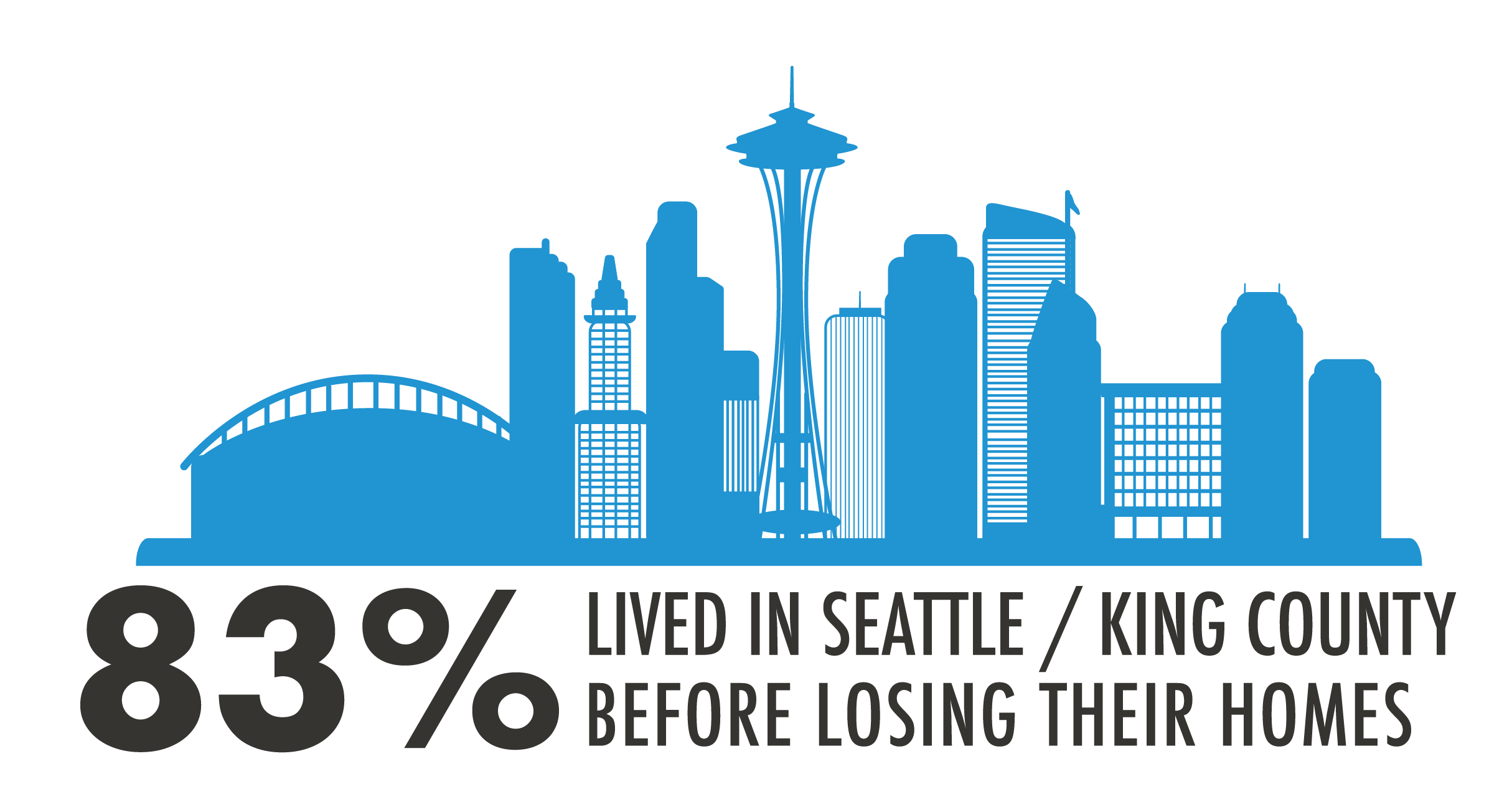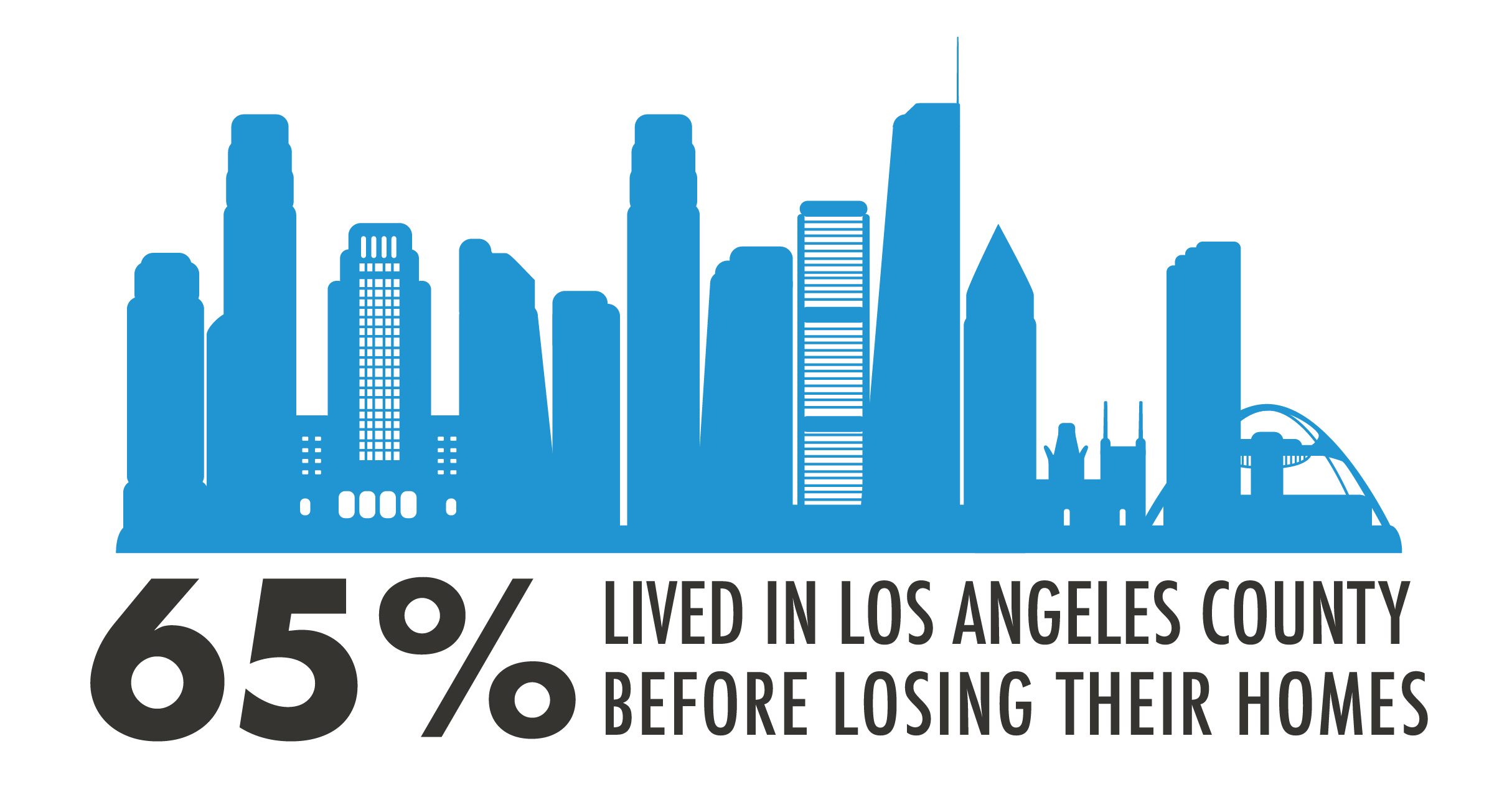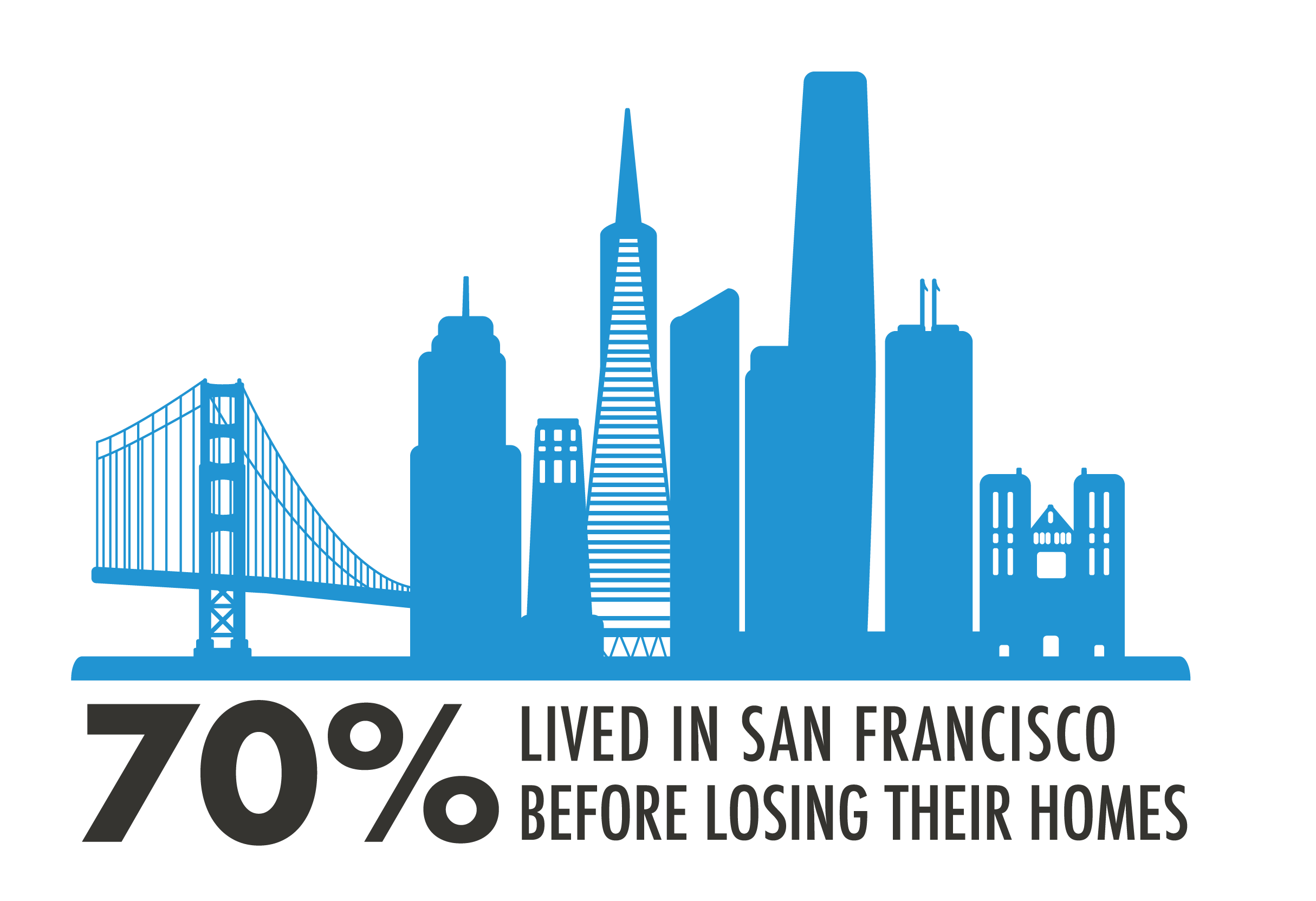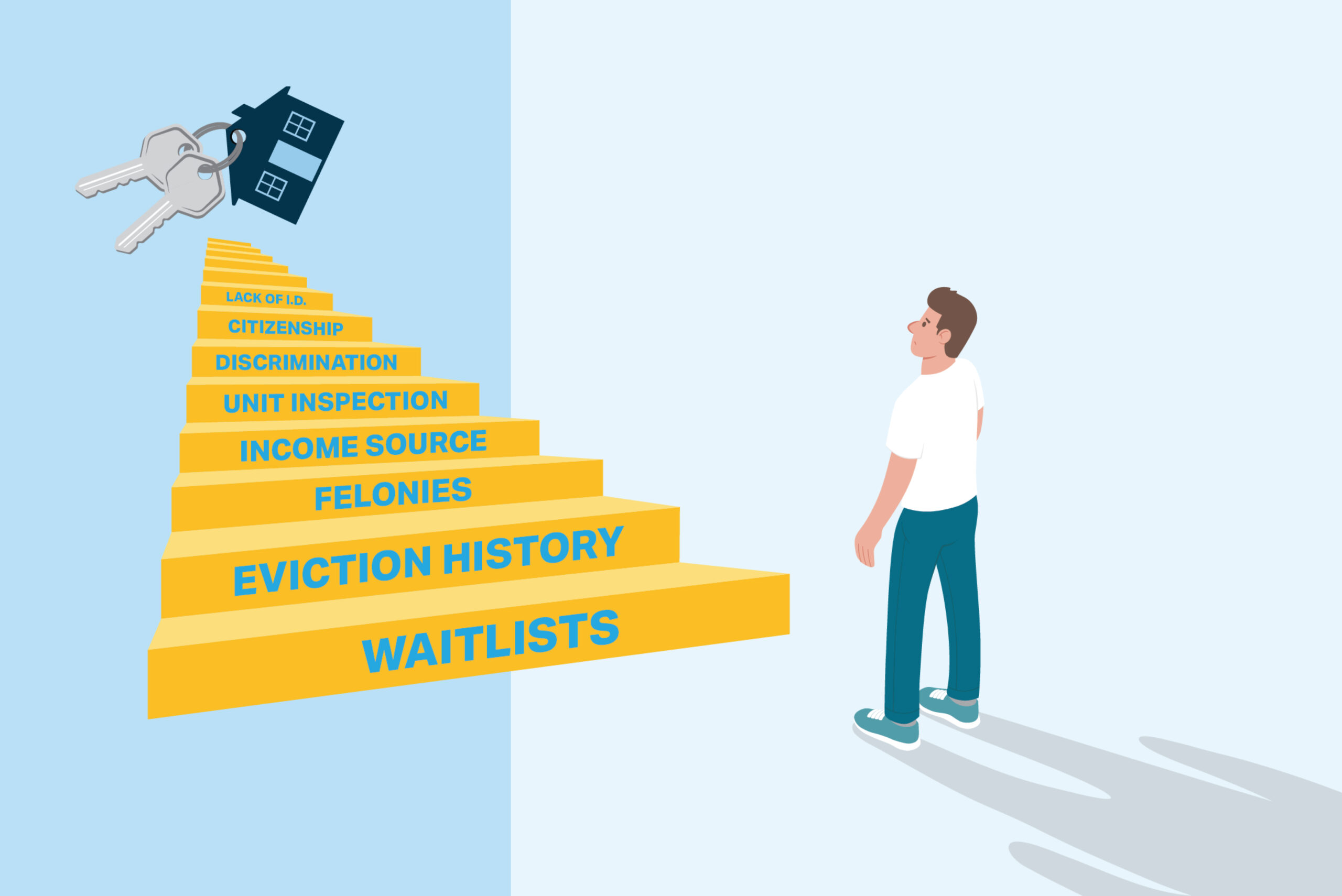Debunking homelessness myths: They are not local
July 30, 2021

While the myths surrounding homelessness may seem benign, they can have real consequences for unhoused people. Public perception helps shape public policy. When we believe the worst about our homeless neighbors, they aren't shown the compassion and dignity they deserve. Getting back on the path to stability requires support that we should be eager to give.
This post is part one of an ongoing series addressing myths about homelessness. We'll begin with the myth that people experiencing homelessness in a given area are not local — that the majority of those in need have flocked to a given city in search of a handout and government services. It's not unheard of for someone housed to believe that their unhoused neighbors are transplants from another place. We'll explain the problem with this logic later, but first, let's look at some statistics.
Seattle / King County, WA

A 2018 survey of people experiencing homelessness in the City of Seattle/King County showed:
- Approximately 83% were living locally when they lost housing.
- 11% lived in another Washington county before a loss of housing.
- 6% were residing out of state.
A 2017 survey showed similar results:
- 77% of respondents reported living in Seattle/King County before losing their housing.
- Approximately 15% were living in another Washington county.
- 9% were living out of state.
Los Angeles, CA

A 2019 homeless count among unsheltered adults and children in adult families living in the Greater Los Angeles area showed:
- 64.9% lived in Los Angeles County when they lost housing.
- 15.1% lived in another California county.
- 18.8% lived out of state.
San Francisco, CA

A 2019 homeless count and survey in San Francisco showed:
- 70% of respondents were living in the city when they most recently became homeless
Of the 70% who were living in the city
- 55% reported living in San Francisco for ten or more years.
- 6% said they lived in San Francisco for less than one year
A 2017 survey yielded similar findings.
- 22% reported living in another county within California.
- 8% of respondents reported living out of state at the time they became homeless.
New York, NY
Coalition for the Homeless, an advocacy and direct service organization helping homeless men, women, and children, addresses the "they are not local" myth on their website.
According to 2015 data, families entering shelters predominantly came from a few clustered zip codes in the poorest neighborhoods in New York City. The organization states families moving into shelters who previously resided outside NYC have remained a tiny fraction of the total number of families coming into shelters. They account for less than one-half of one percent of all families moving into shelters. Additionally, many families categorized as "out of town" are, in fact, native New Yorkers. The latter have lost their housing in neighboring communities such as New Jersey or Long Island.
As the statistics show, most people had not traveled to a new city while experiencing homelessness.
What’s at stake
The "they're not local" myth is just another way of saying homeless people don't belong. It’s “othering” an entire group of people. Homelessness isn't a problem brought to a community by a group of outsiders. It's born out of conditions already present, whether or not you can see people suffering. Homelessness rates rise faster in cities where residents spend more than one-third of their income on rent. In addition, a new report from the National Low Income Housing Coalition shows a full-time minimum wage worker cannot afford a one-bedroom rental in 93 percent of U.S. counties.
The most recent homelessness count from the Department of Housing and Urban Development (HUD) shows 580,466 people, or about 18 of every 10,000 people in the U.S., were unhoused. For the first time since data collection began, more people experiencing homelessness were unsheltered — meaning they stayed on the street, in abandoned buildings, or other places unfit for human habitation — than were sheltered. The coronavirus pandemic has only exacerbated the crisis.
Our unhoused neighbors are better served when we embrace compassion and reject falsehoods about who they are. Dissecting their worthiness for aid is holding them to a higher standard not imposed on those who are housed. Pallet shelter villages are “low barrier” for this reason. We value bringing everyone into a healing community with access to case management and a dignified living space so they can begin to create the life they want.
If you or someone you know is experiencing homelessness and need help. call 2-1-1 or check this list of resources from The National Alliance to End Homelessness.
This post is part of an ongoing series debunking homelessness myths.
Part Two: Homelessness is a personal failure
Part Three: Homelessness is a choice
Part Four: Homeless people are lazy


